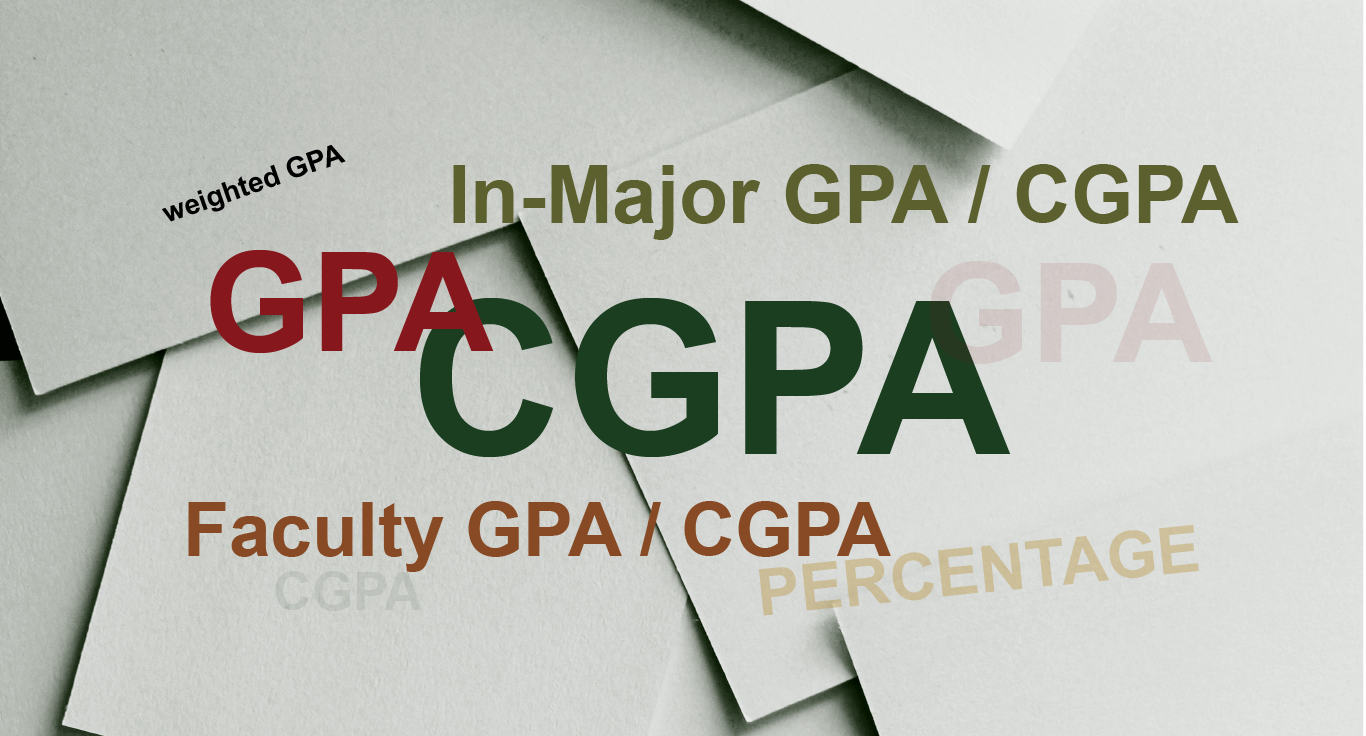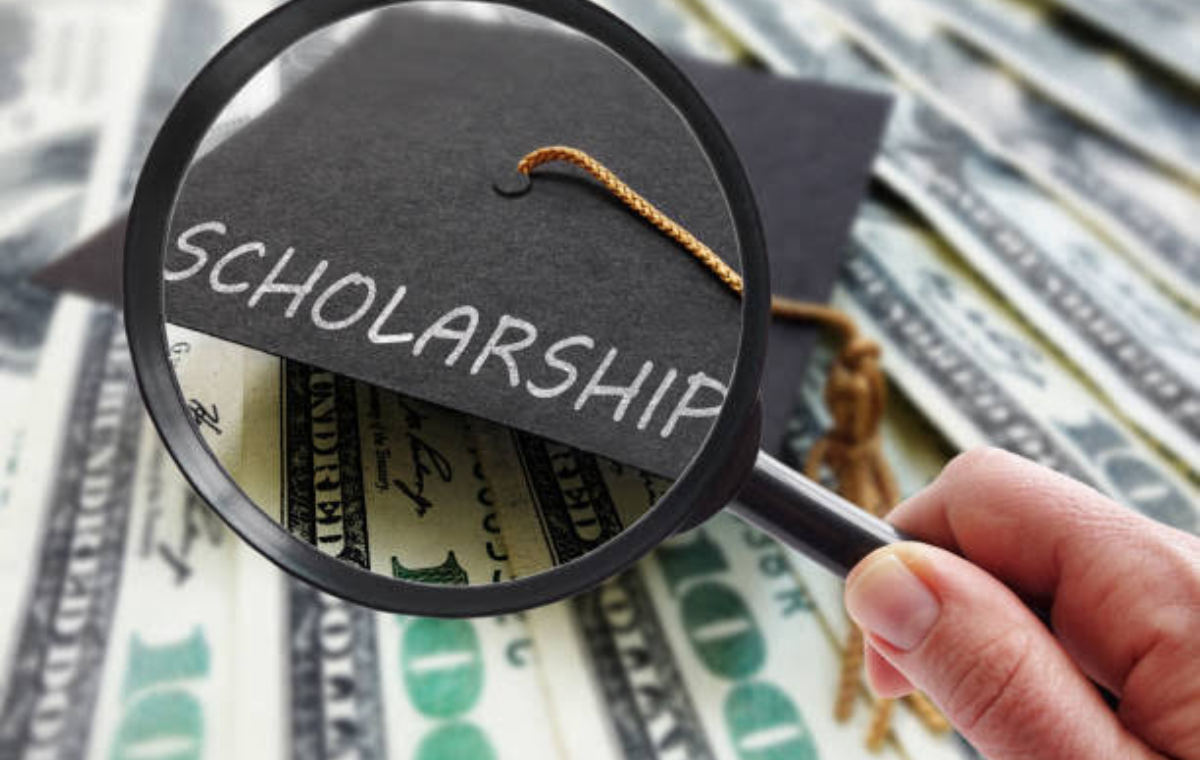Study Guide
Effective Study Techniques for Students as Proven by Science
Outside of lectures, university students are commonly expected to master course content on their own. However, multiple research studies have found that many university students are commonly unaware of, and seldom use, effective learning techniques. Too often students imagine that long hours of studying are the best path to being a model, straight-A student. Yet research shows that highly successful students actually spend less time studying than their peers do—they just study more effectively.
In a previous article titled ‘how to study any book effectively‘ various study techniques commonly used by intelligent students were enumerated but this write up will highlight ineffective learning techniques as well as study techniques proven to be effective from research.
Ineffective study techniques
Many students use learning techniques that are time consuming and give the illusion of mastery. They become familiar with ideas and information in preparation for a test, but forget it a week later because their learning techniques never led to long-term capture of the course or topic. These ineffective learning methods includes
1. Massed practice: This method entails studying a course or topic for long or an extended period of time and repeating phrases over and over in order to memorize them. Most students engage in this form of learning in preparation for exams believing they have a good grasp of the topic only to get to the exam hall and forget what they spent hours memorizing.
2. Blocked practice: This method entails studying one topic repeatedly before moving to another one and has the same effect as that of massed practice.
3. Highlighting and underlining important concepts in a text and then reviewing
4. Reading and rereading a text repeatedly to cram it into the brain which can reduce students to tears during exams and cause temporary loss of information or a blank head if one forgets say a particular line or the exact word used in a text.
Effective study techniques proven to be successful by research
1. Intentional/active learning
How often do you use phrases when learning like “I know the quadratic formula”, “I don’t know the first twenty elements in the periodic table” or I can state Newton’s first law of motion but can’t seem to remember the second law. Studying to “know” things is actually a fairly shallow learning experience.
We tend to not maintain the information in our brain for very long, which undermines the whole purpose of learning. If instead, we approached studying actively with the intention to remember that knowledge for years to come, then we will boost our capacity to retain the information in the first place. A way to achieve this is to try learning content with the intention of having to teach it to your peers and friends.
In a recent study, psychology researcher John Nestojko found that by simply informing his students that they’d later have to teach the content they were given to study, it caused a shift in their mindset. He noticed those students engaged with the material in a more effective way, compared to their peers who were simply expecting a test.Doing so helps to organise the information in our brain in a more logical, coherent way. It also helps us understand the main points and ignore irrelevant facts thereby ensuring that the information learnt is not easily forgotten. Effective learning has then taken place don’t you think?
2. Metacognition
It’s all well and good to try out different learning strategies, but a key difference between average students and successful ones is their ability to exercise metacognition. The importance of metacognition in the process of learning is an old idea that can be traced from Socrates’ questioning methods to Dewey’s twentieth-century stance that we learn more from reflecting on our experiences than from the actual experiences themselves.
What is more recent is the coining of the term “metacognition” and the emergence of a metacognition research field in the last four decades credited to developmental psychologist John Flavell in a publication from the 1970s. In flavell’s own words “Metacognition refers to one’s knowledge concerning one’s own cognitive processes or anything related to them, e.g., the learning-relevant properties of information or data. For example, I am engaging in metacognition if I notice that I am having more trouble learning A than B; if it strikes me that I should double check C before accepting it as fact”.
Jargon aside, metacognition is simply thinking about our own thinking. More precisely, exercising metacognition is when we intentionally plan, observe, and assess our processes and performance. Cognitive psychologists and science education researchers conceptualize learning as a student-centered activity in which students change their ideas about a topic. This view implies that students will not really learn new information if they do not go through a metacognitive realization that requires them to examine how they thought about the topic before and how they are thinking differently about that topic now; this is similar to Dewey’s assertion that reflection on an experience is the key step in learning. In an article by Kimberly Tanner published in the American society for cell biology journal, Josephine and Maya – two biology majors displayed different attitudes to and applied varying degrees of metacognitive abilities while preparing for their exams.
While Josephine had fears concerning her grades in the exams, Maya showed no such uncertainty towards her grades as she took her time going extensively through the required texts and materials for the exams right from when the semester started. This shows that the ability to critically analyse how we think influences how we approach tasks and what strategies we use to problem solve. It helps us to identify our own strengths and weaknesses, and make amendments to our approach accordingly.
Metacognition also affects our ability to apply knowledge beyond the immediate context in which it is learnt, which is the ultimate goal of learning. I guess I could say it’s pretty important. We can improve our metacognition by being reflective and self-aware during all stages of learning and studying. Try asking yourself questions such as “What am I trying to achieve?” “Am I on the right track?” “How can I improve my approach?” “What is working for me?”
You will notice that by reflecting on your progress, you will be more motivated to achieve your study goals, more aware of your performance and more confident when doing assessments.
3.Thwart the forgetting curve
Scientists started exploring the “curve of forgetting” in 1885, but the concept remains useful to today’s study habits. The gist of the “curve of forgetting” is this: The first time you hear a lecture or study something new, you retain up to 80% of what you’ve just learned — if you review the material within 24 hours. Fortunately, this effect is cumulative; so after a week, you may retain 100% of the same information after only five minutes of review. Generally, psychologists agree this type of interval studying — as opposed to “cramming” — is best, and that students should study closer to the day they learned the material than the day of the tests or exams.
4. Use the Feynman method
Wish to learn something new? Try teaching it to an audience. That’s the study technique renowned physicist and scholar Richard Feynman developed to help him learn more effectively. Now called the Feynman Technique, it’s a helpful strategy when learning a new idea, understanding a concept better, or remembering information more accurately. Feynman was an instrumental figure in 20th-century science, contributing to numerous scientific fields and winning a Nobel Prize for physics in 1965. He was also considered a brilliant teacher, adept at making complex concepts easier to grasp and more approachable for students. This technique involves four basic processes viz:
Step 1: Decide on a topic or subject you want to learn about and start studying it. Fill up a notebook with everything you know about the subject and continue adding new bits of information as you learn them.
Step 2: Teach the subject, either to a pretend audience or a real one (an audience of one works great), paying particular attention to explaining the topic as simply and clearly as possible.
Step 3: Your teaching lesson should make clear what aspects of the topic you fully understand and which areas need improvements and additional study. Go through the books again to strengthen those weaker areas and to solidify the areas you do have a strong grasp on. Focus on the problem areas until you feel comfortable explaining the logic to your “audience.”
Step 4: Then simplify and use analogies. Go through the process again and continue to break down the language. Enhance your understanding of the facts by creating your own analogies to build a wider, more comprehensive mastery of the subject.
Joshua Gerlick, a doctor of management fellow at Case Western Reserve University, believes that within a learning environment the Feynman Technique is invaluable. “I rely extensively on the Feynman Technique as it relates to helping students identify gaps in their thinking,” says Gerlick.
Remember that studying effectively is not a matter of chance or based on luck. It is only through intentional engagement with content, bringing that information to mind regularly over short, interspaced sessions and reflecting on our thinking, that we learn to study effectively. Taking a scientific approach to studying really is a no-brainer.






